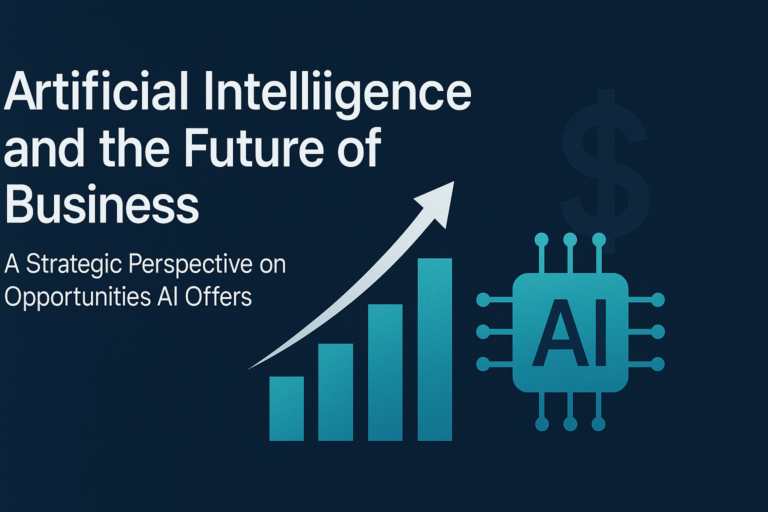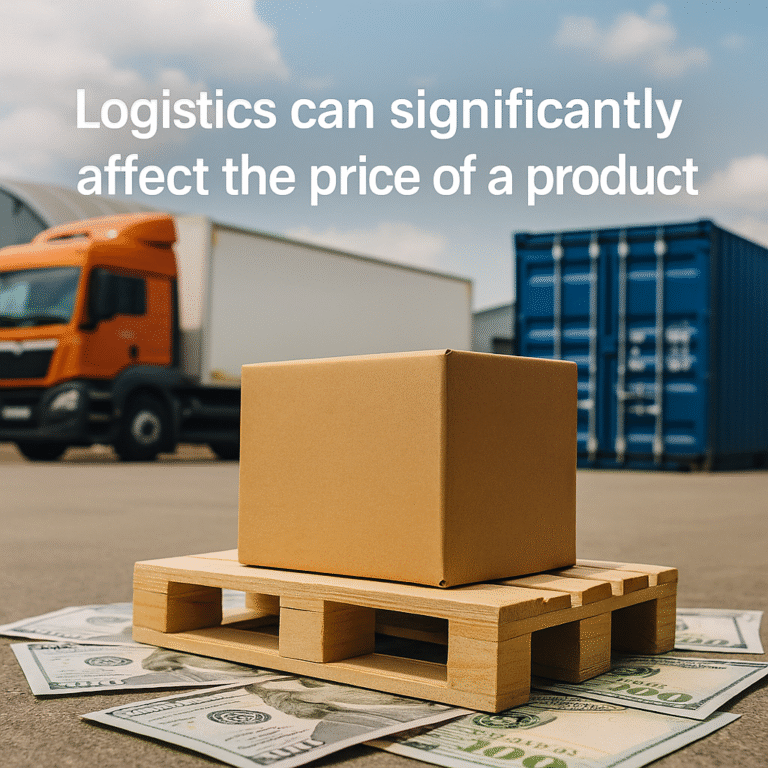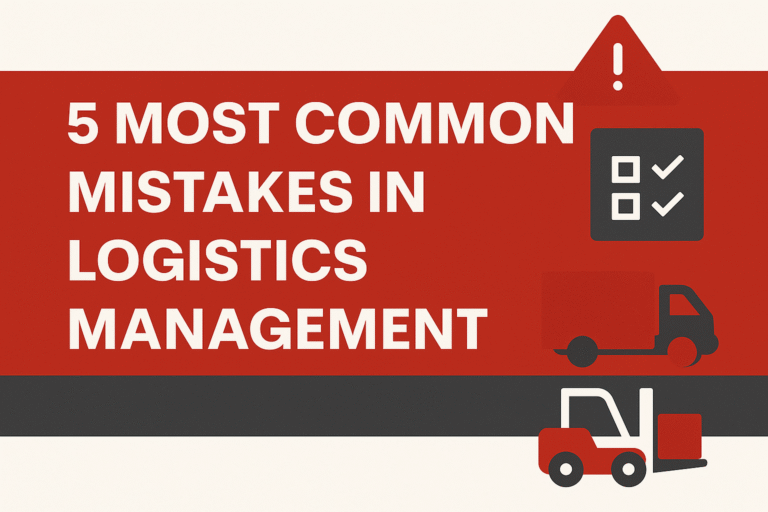In modern logistics, competition is intensifying, client demands are rising every day, and operational efficiency is becoming a key success factor. However, many logistics and transportation companies still rely on outdated systems, manual processes, and disconnected data sources – significantly slowing down their development and increasing costs. This is where the role of an IT consultant becomes essential – as a strategic partner who helps companies fully harness the potential of technology. Through carefully guided digital transformation and process optimization, an IT consultant delivers solutions that increase efficiency, reduce operational costs, and enable data-driven decision-making.
Read on to discover the many ways an IT consultant can improve logistics operations.
1. Digitization and Automation of Key Processes
Many companies still track deliveries, inventory, and fleet data in Excel spreadsheets, outdated standalone software, or inadequate management tools. This creates room for errors and slows down operations, where daily tasks can take hours instead of minutes.
What does an IT consultant do?
- Analyzes process flows (ordering, dispatching, warehousing)
- Recommends automation solutions (WMS, TMS systems)
- Connects software into a unified system (ERP integrations)
Result: Fewer errors, faster delivery, better operational visibility.
2. Route Optimization and Fleet Management
Inaccurate route planning and poor vehicle tracking often lead to increased fuel costs and delays. Sometimes even existing software solutions are not optimal for your business, and simply switching platforms can significantly reduce expenses.
An IT consultant can:
- Implement route optimization software (based on real-time data) or review existing tools
- Introduce telemetry systems to monitor vehicle status
- Automate driver task scheduling
Result: Lower fuel costs, better resource utilization, fewer empty runs.
3. Analytics and Data-Driven Decision Making
Most companies don’t make full use of the data they already have – about clients, deliveries, costs, and inventory. The real value of that data is often overlooked and underutilized.
An IT consultant helps to:
- Consolidate data from multiple sources
- Create dashboards and reports using BI tools (e.g. Power BI)
- Identify key metrics and loss areas
Result: Faster and more accurate business decisions based on reliable data.
4. Cybersecurity and Business Continuity
Logistics is particularly vulnerable to cyber threats and operational disruptions.
An IT consultant can:
- Implement data protection policies
- Introduce backup and disaster recovery strategies
- Ensure compliance with regulations (e.g. ISO 27001, GDPR)
Result: Greater security, client trust, and business stability.
5. Partner and Client Connectivity
Integration with warehouses, customs, and partners is often manual and slow.
An IT consultant provides:
- EDI (Electronic Data Interchange) and API integrations
- Automation of document exchange and status updates
- Reduced communication errors
Result: Faster processing, better partner relationships, and fewer supply chain issues.
Conclusion
An IT consultant is not just a technical expert – but a business ally who understands your industry and knows how technology can enhance your competitiveness.
- More efficient processes
- Lower costs
- Enhanced security
- Better fleet and resource management
The future of logistics is digital – and the first right step is a strategic approach.
Ready to go digital?
Book a Consultation and discover how we can improve your operations.




